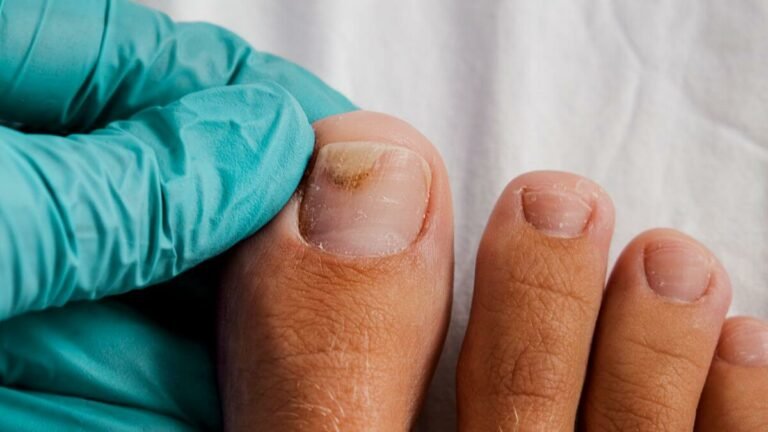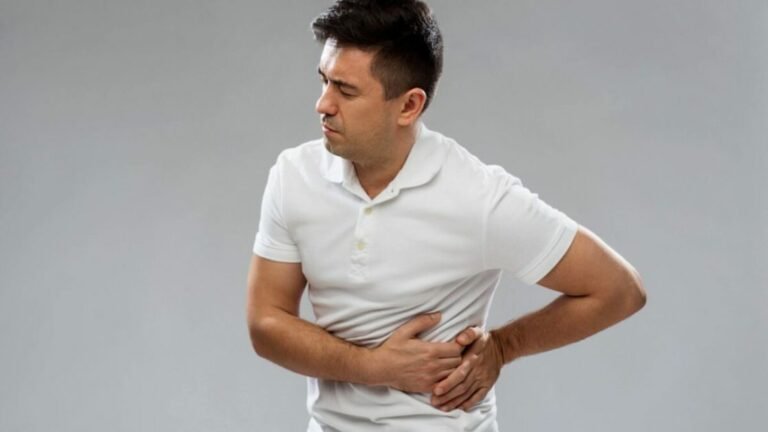Can Ejaculating Too Much Cause Testicular Pain? A Comprehensive Look

Ejaculation is a natural and essential part of the male reproductive process. However, some men may experience concerns regarding the frequency of ejaculation and its potential impact on their health, particularly when it comes to testicular pain. This article aims to explore the relationship between frequent ejaculation and testicular pain, providing insights from medical experts and addressing common misconceptions.
Understanding Ejaculation and Testicular Pain:
Ejaculation is the process by which semen, containing sperm and seminal fluid, is expelled from the male reproductive system through the urethra. This process is controlled by a complex interplay of hormones, muscles, and nerves, and it is typically accompanied by pleasurable sensations and a feeling of release.
Testicular pain, on the other hand, refers to discomfort or aching in one or both testicles. This pain can range from mild to severe and may be constant or intermittent. Testicular pain can arise from various underlying conditions, including infections, injuries, hernias, or more serious conditions like testicular torsion or cancer.
Can Frequent Ejaculation Cause Testicular Pain?
The relationship between frequent ejaculation and testicular pain is a topic of discussion among medical professionals and researchers. While there is no definitive consensus, most experts agree that ejaculating frequently, within normal limits, is unlikely to directly cause testicular pain.
Dr. Michael Eisenberg, a urologist and director of male reproductive medicine and surgery at Stanford University, states, “There is no evidence that frequent ejaculation, in and of itself, causes testicular pain. Ejaculation is a natural process, and the testicles are designed to produce and release sperm regularly.”
However, it is important to note that in some rare cases, excessive or compulsive sexual activity, including masturbation, can lead to physical discomfort or pain in the testicular area. This discomfort is typically temporary and resolves with rest and moderation.
Potential Contributing Factors:
While frequent ejaculation alone may not directly cause testicular pain, there are certain circumstances or underlying conditions that could contribute to the development of testicular discomfort:
1. Infections: Certain sexually transmitted infections (STIs), such as epididymitis or orchitis, can cause inflammation and pain in the testicles. Frequent ejaculation or sexual activity may increase the risk of contracting these infections, leading to testicular pain as a secondary symptom.
2. Varicocele: A varicocele is an enlargement of the veins within the scrotum, which can cause a dull ache or a feeling of heaviness in the testicles. While not directly caused by frequent ejaculation, varicoceles may become more noticeable or symptomatic during or after ejaculation.
3. Testicular Trauma: Vigorous or forceful sexual activity, including masturbation, can potentially lead to minor trauma or injury to the testicles, resulting in pain or discomfort.
4. Psychological Factors: In some cases, testicular pain may be linked to psychological factors, such as anxiety, stress, or obsessive-compulsive behaviors related to sexual activity or masturbation.
It is essential to consult a healthcare professional if testicular pain persists or worsens, as it may indicate an underlying condition that requires medical attention.
Myths and Misconceptions:
Despite the lack of scientific evidence linking frequent ejaculation to testicular pain, several myths and misconceptions persist regarding this topic:
Myth: Ejaculating too much can cause the testicles to “dry up” or become infertile.
Reality: Ejaculation does not deplete or “dry up” the testicles. The testicles continuously produce sperm, and frequent ejaculation does not impact fertility or sperm production in healthy individuals.
Myth: Masturbation or frequent ejaculation can lead to testicular cancer.
Reality: There is no credible evidence suggesting a direct link between masturbation, frequent ejaculation, and testicular cancer. However, regular self-examination is recommended to detect any abnormalities early.
Myth: Ejaculating too often can cause the testicles to shrink or atrophy.
Reality: Testicular size and function are primarily determined by hormonal factors, not the frequency of ejaculation. Testicles may appear slightly smaller after ejaculation due to muscle contractions, but they return to their normal size shortly after.
Maintaining Testicular Health:
While frequent ejaculation is generally considered safe and unlikely to cause testicular pain, it is essential to maintain overall testicular health through various practices:
1. Regular self-examination: Perform regular testicular self-exams to detect any abnormalities, such as lumps or swelling, which could indicate an underlying condition.
2. Practicing safe sex: Use appropriate protection during sexual activity to reduce the risk of contracting sexually transmitted infections (STIs), which can lead to testicular pain or other complications.
3. Maintaining a healthy lifestyle: Factors such as a balanced diet, regular exercise, and stress management can contribute to overall reproductive health and potentially reduce the risk of testicular discomfort.
4. Seeking medical attention: If you experience persistent or severe testicular pain, do not hesitate to consult a healthcare professional for proper evaluation and treatment.
Conclusion:
In conclusion, while frequent ejaculation is generally considered safe and unlikely to directly cause testicular pain, it is essential to be aware of potential contributing factors and underlying conditions. If testicular pain persists or worsens, it is crucial to seek medical attention for proper diagnosis and treatment. By maintaining good sexual health practices, practicing safe sex, and addressing any underlying issues, men can enjoy a healthy and fulfilling sexual life without undue concerns about frequent ejaculation causing testicular pain.
David Lamelas
David Lamelas is a board–certified Neurologist with a passion for helping his patients live their best lives. He is a top–rated doctor who graduated summa cum laude from the University of Pennsylvania School of Medicine and went on to complete his residency at Harvard Medical School. He has experience in treating a wide range of neurological conditions including stroke, multiple sclerosis, and epilepsy. He also specializes in noninvasive treatments such as Botox injections, nerve blocks, and physical therapy. He is highly respected in his field and has been featured in numerous publications including the New England Journal of Medicine and The David Lamelas has a strong commitment to providing quality care to his patients and works tirelessly to ensure they receive the best treatment possible. He has a kind, compassionate, and knowledgeable bedside manner that has made him a favorite among his patients.
View All By David






